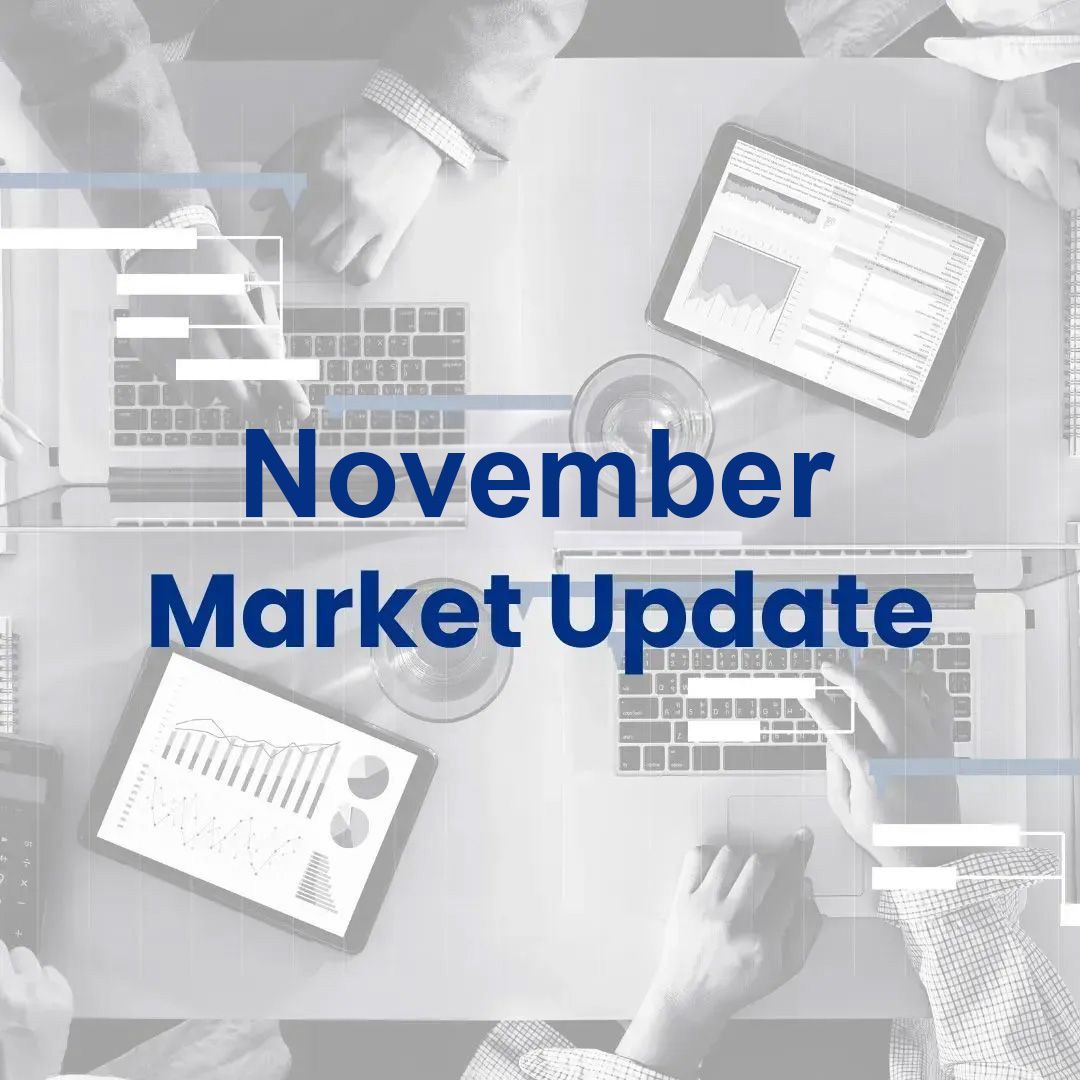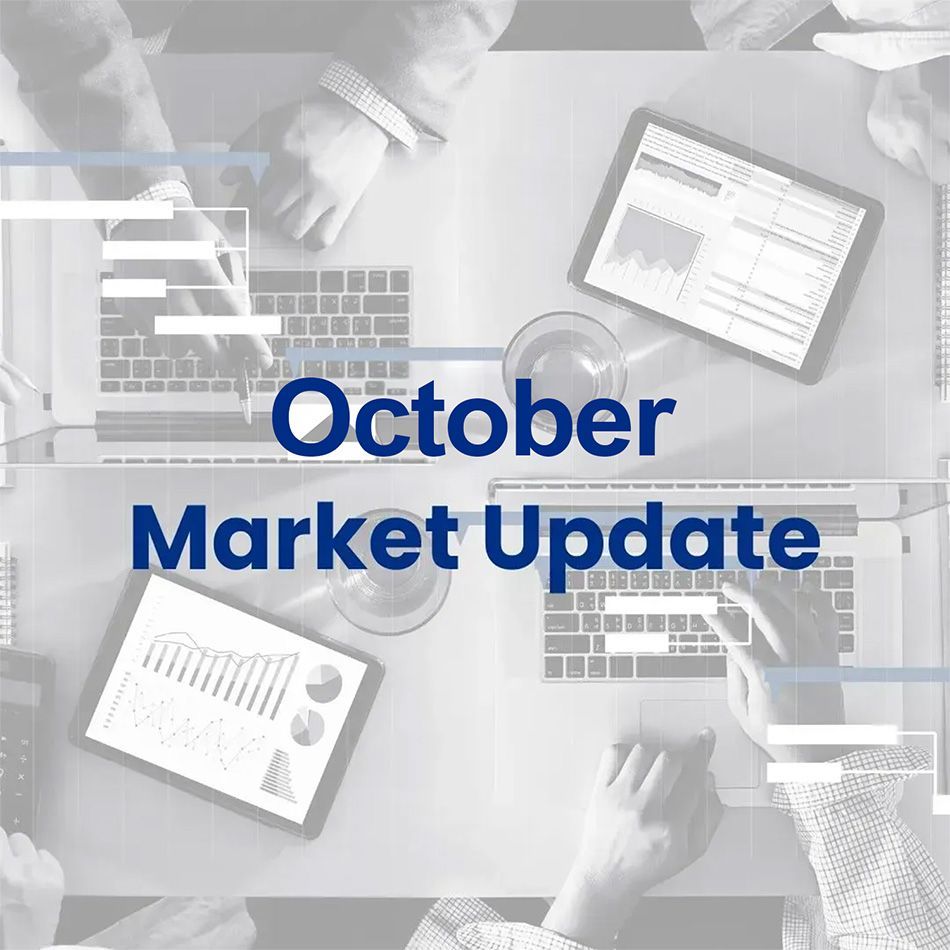Today, secure a better future for TOMORROW
What is a Certificate of Deposit and why would I open one?
Do you have cash built up just sitting in a bank account earning a very low interest rate? Wondering if there’s something better without taking the risk of investing in the stock market? If so, there are ways to obtain a higher interest rate on the cash sitting in your bank account.
What is a CD?
A Certificate of Deposit, or CD, is a type of savings account where your money will earn a fixed interest rate on a lump sum over a set period of time. CD’s usually have higher interest rates than savings accounts or money market accounts. They differ from savings accounts because the money must remain untouched for the entirety of their term or they risk penalty fees or lost interest.
Why would I open a CD?
Unlike most other investments, CD’s offer fixed, safe – and generally federally insured** – interest rates that can often be higher than the rates paid by many bank accounts. CD’s have become a more attractive option for savers who want to earn more than most savings, checking, or money market accounts pay, but without taking on the risk or volatility of the stock market. CD’s are useful if you have cash that you don’t need now but will want within the next few years for a special event, or if you simply want some portion of your savings invested very conservatively.
Periodically, I see higher rates at a local bank or credit union. Am I missing something?
We’ve looked around at most of the local banks and credit unions and see that the CD’s that we are able to purchase for you are generally at a higher rate than is offered locally. However, periodically, we’ll see ads that show higher rates locally. When we’ve looked into it, those rates are generally “introductory rates” only for “new money” into that bank or credit union. What does this mean? If you already have your money at that bank, you are not offered that rate. However, if you don’t already use that bank, or if you are bringing over money from a different bank, they will give you that introductory rate. When you go to renew, you’ll end up with whatever the bank is offering current customers / members at that time, rather than the introductory rate.
With us, when your CD’s mature, if you wish to renew, we will find the best available rates from across the country at that time and reinvest in those, which are often higher than the local banks and credit unions. However, if you wish to pull your money out at that time or buy locally, you will certainly have that option.
Why are we able to offer higher rates?
Buying CD’s through a brokerage can be convenient because you don’t have to open CD’s at a variety of banks to get the best yields. Banks offering brokered CD’s compete in a national marketplace, so they might pay higher rates, but not always. Brokered CD’s are more liquid than bank CD’s because they can be traded like bonds on the secondary market. There’s no guarantee you won’t take a loss. The only way to guarantee getting back your full principal with interest is to hold the CD until maturity.
If this is something you would like to discuss with an Advisor, please do not hesitate to give us a call today at (269) 324-0080.
* Note: We are offering a reduced Registered Investment Advisory fee for accounts investing in CD’s only. Rates listed are subject to interest rate changes and availability.
**Each CD is a deposit obligation of a depository institution domiciled in the United States or one of its territories (an "Issuer"), the deposits and accounts of which are insured by the Federal Deposit Insurance Corporation (the "FDIC") up to $250,000 (including principal and accrued interest) in most insurable capacities (e.g., individual, joint, IRA, etc.).
The Gasaway Team
7110 Stadium Drive
Kalamazoo, MI 49009
(269) 324-0080
FAX (269) 324-3834
This presentation is not an offer or a solicitation to buy or sell securities. The material discussed is meant to provide general education information only and it is not to be construed as specific investment, tax or legal advice and does not give investment recommendations.
Certain risks exist with any type of investment and should be considered carefully before making any investment decisions. Keep in mind that current and historical facts may not be indicative of future results.
Additional information, including management fees and expenses, is provided on our Form ADV Part 2 available upon request or at the SEC’s Investment Adviser Public Disclosure website, https://adviserinfo.sec.gov/firm/summary/123807.
This material was created for educational and informational purposes only and is not intended as ERISA, tax, legal, or investment advice. If you are seeking investment advice specific to your needs, such advice services must be obtained on your own separate from this educational material. ©401(k) Marketing, LLC. All rights reserved. Proprietary and confidential. Do not copy or distribute outside original intent.










